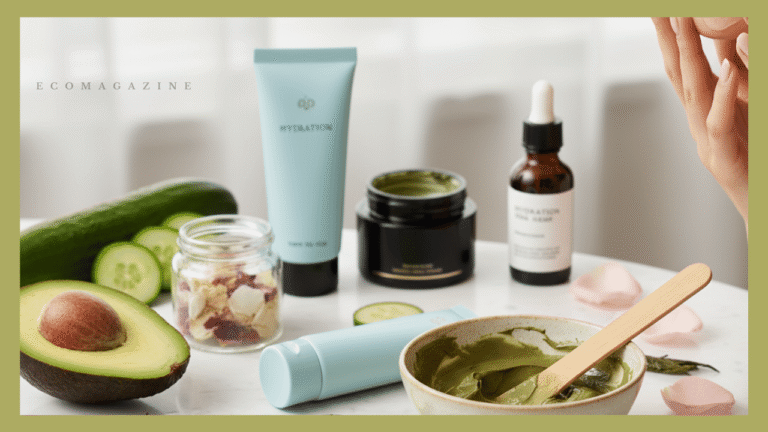Maintaining youthful and glowing skin is a skincare goal for many. One essential product in achieving this is a hydrating face mask. A high-quality hydrating face mask can deliver moisture directly to the skin, helping to reduce dryness and dullness.
Why Use Hydrating Face Masks?
Hydrating face masks are designed to infuse the skin with much-needed moisture. This type of mask is particularly beneficial during harsh weather conditions or for individuals with naturally dry skin. Apart from providing hydration, face masks can also soothe irritation and improve the overall texture of the skin.
Types of Hydrating Face Masks
There are several types of hydrating face masks available, each with unique ingredients and benefits. These include sheet masks, gel masks, and cream masks.
Sheet Masks
Sheet masks are made from various materials, like cotton or hydrogel, soaked in a serum, and they fit onto the face to deliver nutrients effectively.
Gel Masks
Gel masks have a lightweight texture, making them suitable for oily skin types. They often contain ingredients like aloe vera and hyaluronic acid to boost hydration.
Cream Masks
Cream masks are rich and indulgent, providing deep moisture to the skin. They work well for those with very dry or mature skin.
Key Ingredients to Look For
When selecting a hydrating face mask, it is crucial to pay attention to the ingredients. Notable ingredients include hyaluronic acid, glycerin, and vitamin E, which are known for their hydrating properties.
Hyaluronic Acid
Hyaluronic acid is a powerhouse ingredient capable of holding up to 1,000 times its weight in water, making it superb for ensuring skin stays plump and hydrated.
Glycerin
Glycerin is a humectant that pulls moisture from the environment into the skin, providing a lasting hydrating effect.
Vitamin E
Vitamin E is an antioxidant that also acts as a skin conditioner and moisturiser, helping to protect and nourish the skin.
How to Use a Hydrating Face Mask for Maximum Benefits
To make the most of a hydrating face mask, it is advisable to cleanse the face thoroughly before application. Ideally, use the mask two to three times a week to maintain hydration levels.
Common Mistakes to Avoid
Avoid leaving the mask on for longer than recommended on the packaging to prevent skin irritation. Additionally, exceeding suggested usage frequency may lead to excess oil production, counteracting the desired effects.
Conclusion
Incorporating a hydrating face mask into one’s routine can effectively enhance skin radiance. By understanding the various types, ingredients, and proper usage, anyone can elevate their skincare practices and achieve glowing, well-moisturised skin.


